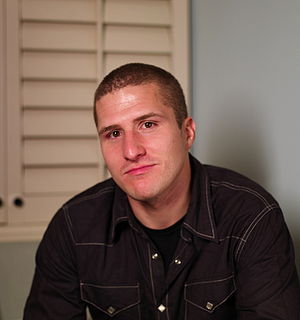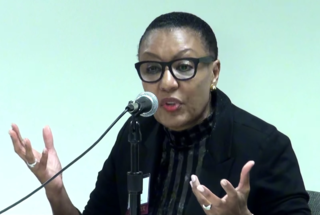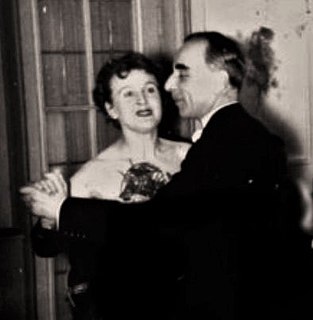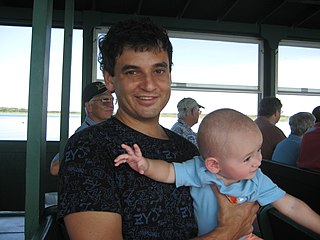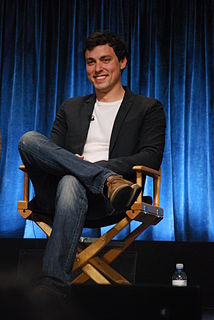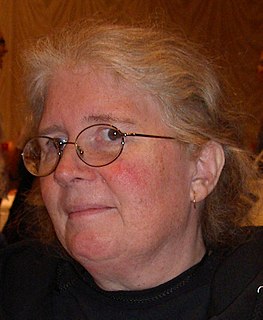A Quote by Martin Jacques
When Europe dominated, there were no or few feedback loops. Or, to put it another way, there were few, if any, consequences for its behaviour towards the non-western world: relations were simply too unequal.
Related Quotes
Now, if the principle of toleration were once admitted into classical education - if it were admitted that the great object is to read and enjoy a language, and the stress of the teaching were placed on the few things absolutely essential to this result, if the tortoise were allowed time to creep, and the bird permitted to fly, and the fish to swim, towards the enchanted and divine sources of Helicon - all might in their own way arrive there, and rejoice in its flowers, its beauty, and its coolness.
The scientists I looked up to at the beginning were not Latino. They were famous scientists of many years ago, like Madame Curie. Later, I realized that there were also, but a very few, Latino scientists. There were good ones, but very few, because there wasn't as much a tradition to be a scientist in our culture. But this is changing.
There's another aspect about the Seventies. Blazing Saddles, as wonderful as it was, sort of hurt the Western. It made such fun of them, that you almost couldn't take them seriously from that point on. That's why only Westerns that had the stink of Watergate or Vietnam could be taken seriously. There were so few Westerns made since then, from the Eighties on, that the few directors who did were so pleased with themselves and so happy to have the opportunity that they got lost in visuals, they got lost in the vistas and the pretty scenery.
I had very supportive parents that made the way for me, even at a time when there were very few women - no women, really; maybe two or three women - and very few, fewer than that, African-American women heading in this direction, so there were very few people to look up to. You just had to have faith.
There were others, women with stories that were told in a quieter voice: women who hid Jewish children in their homes, putting themselves directly in harm's way to save others. Too many of them paid a terrible, unimaginable price for their heroism. And like so many women in wartime, they were largely forgotten after the war's end.There were no parades for them, very few medals, and almost no mention in the history books.
Besides, we weren't made to battle villains, because there weren't any. No nation, creed, or race was any better or worse than another; all were flawed, all were equally doomed to suffering, mostly because they couldn't see that they were all alike. Mortals might have been contemptible, true, but not evil entirely. They did enjoy killing one another and frequently came up with ingenious excuses for doing so on a grand scale-religions, economic theories, ethnic pride-but we couldn't condemn them for it, as it was in their mortal natures and they were too stupid to know any better.

